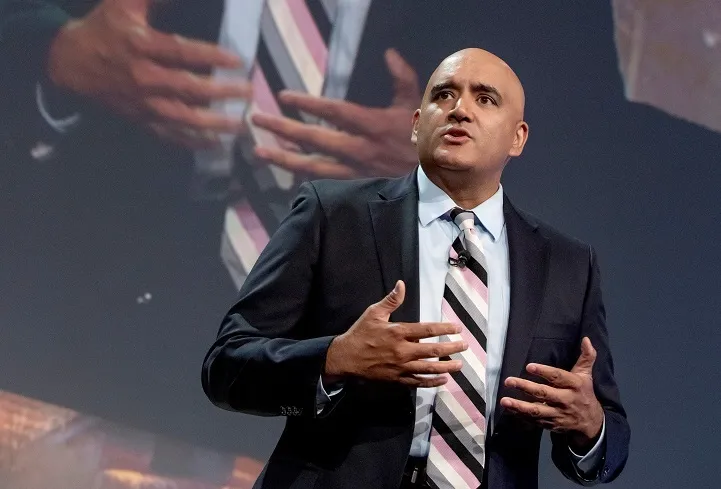That was the message from Paul Campion, CEO of the UK
He told delegates at the London conference that innovations in the 20th century had put travel within reach of most people, and that the 21st century will see even greater convenience becoming commonplace.
“The next few decades will see the democratisation of seamless travel,” he went on. “I want the complexity to go away – but it must be consistent with a democratic, decarbonised future.”
The new mobility options on the table – such as ride-sharing and connected vehicles – have the potential to make life better for everyone. But he warned that there was also a risk that some of their impact could be negative.
“We have to think very hard about what we want. We have to find ways to ‘sell’ the things that lead to utopia and try to resist the things that lead to dystopia,” he said.
MaaS can work – but must be consistent with ‘decarbonised future’, says UK expert
Innovations such as Mobility as a Service (MaaS) will help to make transport more free-flowing for individuals – but that must not be done at the cost of society or the environment.
That was the message from Paul Campion, CEO of the UK Transport Systems Catapult, speaking at the Westminster Energy, Environment & Transport Forum’s seminar on intelligent mobility this week.
He told delegates at the London conference that innovations in the 20th century had put travel within reach of most people, and tha
January 23, 2019
Read time: 2 mins
Innovations such as Mobility as a Service (8356 MaaS) will help to make transport more free-flowing for individuals – but that must not be done at the cost of society or the environment.









